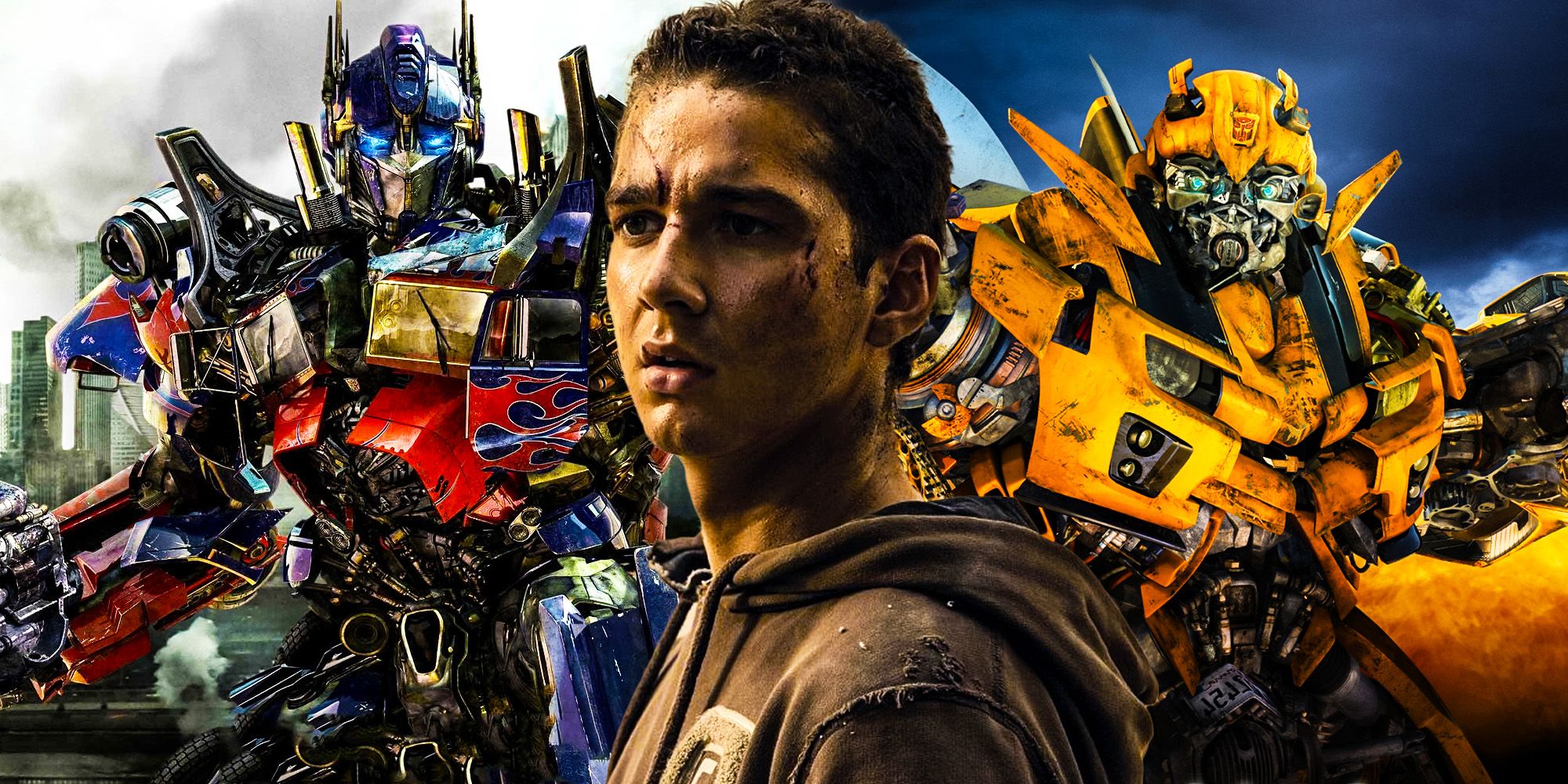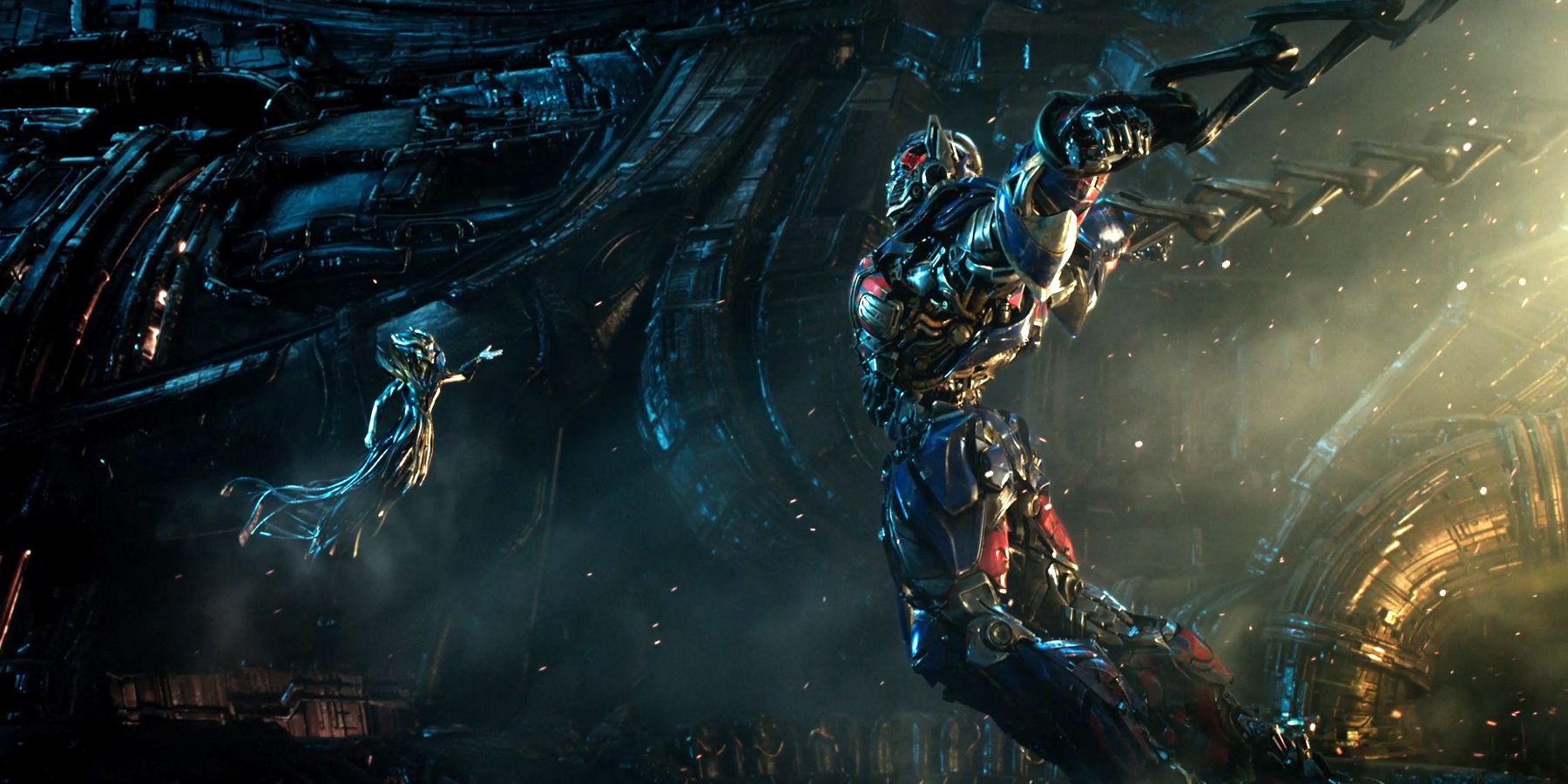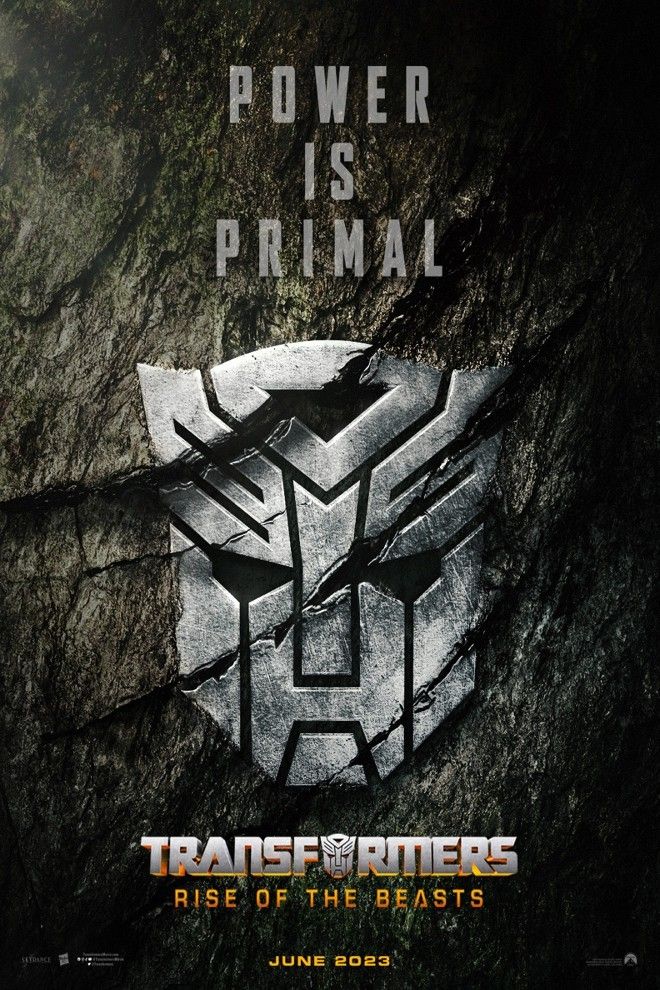Michael Bay's Transformers movies have been almost universally panned over the years, but against all odds, they remain incredibly popular. Bay's Transformers cinematic franchise has been phenomenally successful, ranking as the 13th highest-grossing film series of all time. Both Transformers: Dark of the Moon and Transformers: Age of Extinction grossed more than $1 billion at the box office each, and the movie juggernaut shows no signs of slowing down, with the seventh installment in the franchise, Transformers: Rise of the Beasts, due for release in 2023. Despite this, many of Michael Bay's Transformers films have been so badly received critically that it has almost become a running joke. Yet there are several reasons why each new installment continues to defy the odds and fill cinema seats while simultaneously being critically torn to shreds.
Michael Bay was first asked to direct an adaptation of Hasbro's Transformers in 2005, and his vision was released in 2007 to tepid reviews. Despite making a healthy $700 million at the box office, Transformers only hit 58% on ratings aggregator Rotten Tomatoes, and every subsequent sequel except Bumblebee has done even worse critically, with Transformers: Age of Extinction and Transformers: The Last Knight scraping the bottom of the barrel with 17% and 15% scores, respectively. Many critics over the years have taken issue with the cinematic franchise's increasingly lazy dialogue, formulaic plotting, childish toilet humor, self-indulgent running times, and exhausting, repetitive action.
Despite all this, Paramount is so confident in the franchise's future success that an untitled Transformers prequel has been greenlit for 2024 before Transformers: Rise of the Beasts even has a full trailer - and Michael Bay's movies are a huge factor in this confidence. Bay may have taken a beloved property and turned it into, at times, pure chaos, but he also managed to create a cinematic franchise that still resonates with children as much as the iconic Transformers toys first did in the 1980s. Not only that, but Bay also used groundbreaking effects to bring the Autobots and Decepticons to life in a way that was truly spectacular and brought real meaning to the term blockbuster back in 2007. Bay's Transformers movies are huge-scale, popcorn-fodder films both children and adults can enjoy without needing to be too invested in them - a fact that confirms exactly why Bay's Transformers flicks were so popular at the box office.
The Transformers movies have several other redeeming features, including the fact they have always been released a couple of years apart at a time. Transformers: Revenge of the Fallen premiered in 2009, two years after the first film, and Transformers: Dark of the Moon was released another two years after that. By not having to adhere to an MCU-style release template and pump out several movies a year, Michael Bay has been able to build hype for the next installment in the franchise each time while also allowing each film's critical detractors to move on to another scapegoat.
In this way, Bay's Transformers movie franchise has built a solid back catalog of poorly reviewed masterpieces that have raked in the dollars at the box office. Bay's Transformers isn't trying to reinvent the wheel - far from it - but it undeniably delivers bombastic, CGI-driven action that clearly retains appeal to a wide audience. As a result, the quality of the Transformers IP coupled with Bay's maximalist direction has ensured his Transformers movies remain popular despite fundamentally being bad examples of filmmaking.



